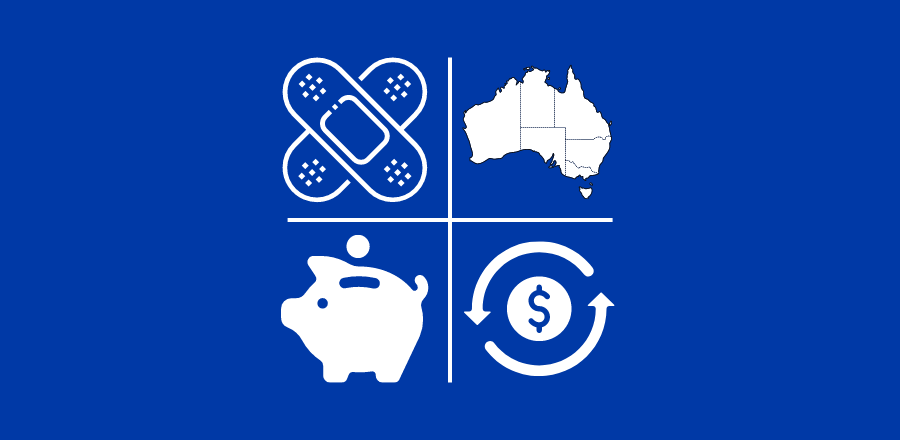AMA’s two-pronged plan to tackle Diabetes and chronic wounds
On World Diabetes Day, the AMA released its plan to tackle diabetes and chronic wounds through prevention and better management.

On World Diabetes Day, the AMA released its plan to tackle diabetes and chronic wounds through prevention and better management.
The AMA on World Diabetes Day earlier this week called for a tax on sugary drinks and better chronic would management.
AMA President Professor Stephen Robson said diabetic foot ulcers cost the health system an estimated $190 million every year.
“Every three hours of every day, one Australian loses a lower limb as a direct result of a diabetes-related foot disease,” he said.
“The AMA is calling for a two-pronged approach to tackle diabetes and chronic wounds through prevention and better management.”
Patients with diabetes often suffer chronic wounds, which take longer to heal and increase a person’s risk of developing infections and other complications.
An estimated 450,000 Australians live with a chronic wound, costing the health system around $3 billion a year, which is about two per cent of national healthcare expenditure.
Professor Robson said poor management of chronic wounds led to prolonged healing times, infections, and long-term complications including amputations and hospitalisations.
“At the moment, Medicare does not adequately cover the cost of dressings to treat chronic wounds through general practice and patients often have out-of-pocket costs with wound consumables and seek free wound care at hospital outpatient clinics,” he said.
“The AMA’s Plan to Modernise Medicare campaign is calling for a national scheme to fund medical dressings for chronic wounds, such as those with diabetes and new Medicare Benefits Scheme items to support general practice provide care for patients with targeted chronic wounds.”
Professor Robson said prevention was also a key to tackling chronic conditions.
“More than 2.4 billion litres of sugary drinks are consumed every year with an estimated 8-12 teaspoons of sugar in the average 375ml can of soft drink,” he said.
The AMA’s #SicklySweet campaign calls for a sugar tax on sugary drinks to raise the retail price of an average supermarket sugary drink by 20 per cent.
This would lead to a reduction in obesity of around 2 per cent and 16,000 fewer cases of type 2 diabetes in Australia over 25 years.


